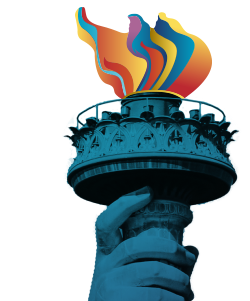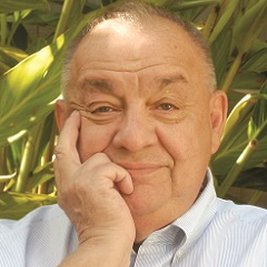As one of the world’s foremost theoretical physicists, Helen Quinn has always fought against “the notion that people have god-given abilities, and it doesn’t depend on anything else than what you were born with.” For Quinn, that’s clearly not true: “It depends on how many opportunities you [have] had, and the teachers you’ve had.” Born in Australia, she began her studies at the University of Melbourne. After her family moved to San Francisco, she enrolled at Stanford University, where the physics department accepted her transfer credits. She recalled that her teachers at Stanford “encouraged me to go on to graduate school, which I would not have thought of doing for myself. Doing a PhD was way beyond the world I grew up in.”
After completing her PhD, Quinn taught at Harvard University before returning to Stanford to work at the Department of Energy’s SLAC National Accelerator Laboratory, where she led its science education outreach efforts. Over a long and distinguished career, Quinn has made enormous contributions to our understanding of the interactions between particles and what this can teach us about matter and antimatter, including the formulation (with Roberto Peccei) of the Peccei-Quinn Symmetry — a theory that ties together several branches of physics with important implications for our understanding of the universe. As both a particle physicist and science educator, Quinn is regarded as a trailblazer in the physics community.
After retiring from Stanford, Quinn transferred her scientific expertise into leading the National Research Council study that produced A Framework for K–12 Science Education (2011). Providing a sound, evidence-based foundation for standards by drawing on current scientific research, the Framework helped shape efforts to reform state standards, instructional materials, professional learning, assessments and accountability policies, instruction, and preservice teacher preparation. Most notably, the Framework drove the development of the Corporation-supported Next Generation Science Standards, a set of research-based science content standards developed by states to improve science education by setting expectations for what all students should know and be able to do. In an interview, Quinn explained the goal of her work: “I want educated people. I want citizens who can look at a problem in their community and think like a scientist about the part of the problem that is science.”







